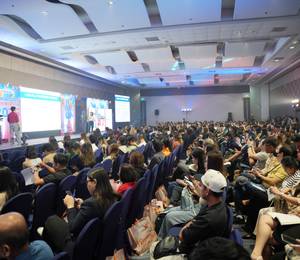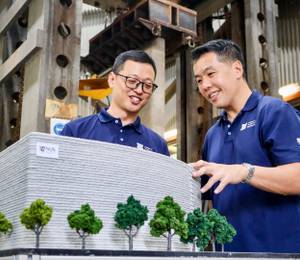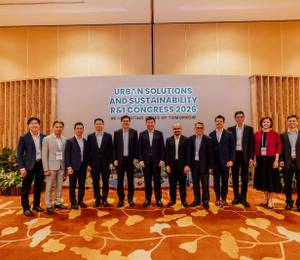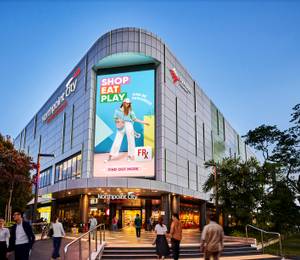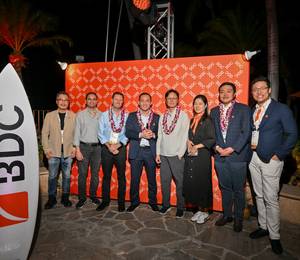London, UK – The Ross Development Trust together with the City of Edinburgh Council has announced the winner of the Ross Pavilion International Design Competition to be the team led by US-based design practice wHY. The five-month search for an outstanding team for the £25m Ross Pavilion and West Princes Street Gardens project attracted first-stage submissions from 125 teams (made up of 400 firms) from 22 different countries.
At the competition’s second stage, shortlisted teams produced concept designs for a new landmark Pavilion; a visitor centre with café; and improvements to the surrounding Gardens. The new Pavilion will provide a flexible platform for the imaginative arts and cultural programming that Edinburgh excels in, and allow visitors and residents to engage with a variety of events all year round.
The competition jury met on 11 July 2017 to interview the seven teams shortlisted for this initiative, and unanimously selected wHY as the winner. Their team included Edinburgh-based design studio GRAS, Groves-Raines Architects, Arup, Studio Yann Kersalé, O Street, Stuco, Creative Concern, Noel Kingsbury, Atelier Ten and Lawrence Barth.
The competition winners proposed an organic landscape-focused scheme that respects the historic setting but also animates the Gardens through the introduction of a new undulating promenade, transformed access from Princes Street, sculptural seating and dynamic open views.
Inspired by the Gardens’ geology and history – from the volcanic forces to the man-made energy of the Victorian pleasure garden – the design subtly positions the new visitor centre and the ‘butterfly’ Pavilion into the folds of the landscape, enabling the Castle to remain the main visual event. The scheme increases the amount of green space relative to hard surfaces within the Gardens and is, in the team’s words, ‘human scale with moments of drama… activating four layers of meaning within the Gardens: botanical, civic, commemorative and cultural.’
The jury praised the team’s concept design as ‘a beautiful and intensely appealing proposal that complemented, but did not compete with, the skyline of the City and the Castle.’ They liked the concept of the activated community space with a democratic spirit, potentially creating a new and welcoming focus for the City’s festivals while appreciating that the team’s design balanced this with a strong approach to the smaller, intimate spaces within the wider Gardens. Construction is expected to begin in 2018.
Malcolm Reading Consultants were the competition organisers.
